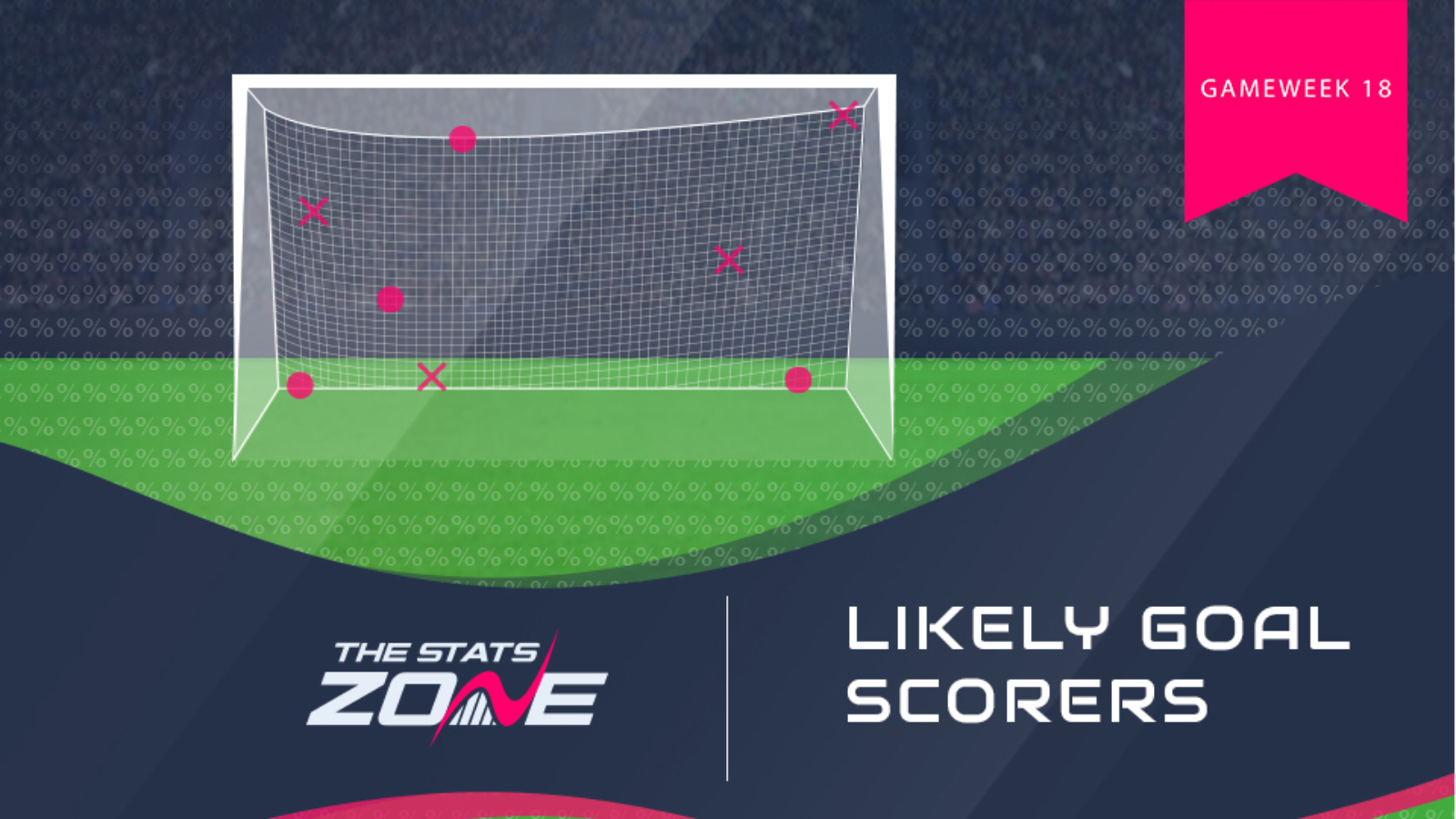
Full Answer
What happens after filing a FIFA in Georgia?
The most dramatic event that happens after filing a fifa is that the taxing authority may present the tax lien to the sheriff. The sheriff will use the fifa as a basis to auction the property to pay the taxes. This process is known as a tax sale. To get taxes paid, taxing authorities in Georgia often sell their fifa’s to third-party investors.
How do you sell a FIFA in Georgia?
The sheriff will use the fifa as a basis to auction the property to pay the taxes. This process is known as a tax sale. To get taxes paid, taxing authorities in Georgia often sell their fifa’s to third-party investors. FIG and Investa are two companies that purchase tax liens.
How long does a fieri facias have to be revived in Georgia?
The judgment (actually called the fieri facias) must be revived within 7 years. In short, judgments must be revived at 6 years, 11 months and 30 days, technically. Click to see full answer. Also, what is a Writ of Fieri facias in Georgia?
What happens when you file a FIFA?
The lien remains on the county’s public records until the taxpayer pays the taxes. The most dramatic event that happens after filing a fifa is that the taxing authority may present the tax lien to the sheriff. The sheriff will use the fifa as a basis to auction the property to pay the taxes.

How long is a FiFa valid in Georgia?
§ 9-13-50 and O.C.G.A. § 9-13-16. Writ of Fieri Facias will expire after seven years from the date of filing with the Clerk's Office. The process by which you can renew you Fi-Fa is by requesting a Nulla Bona from the Sheriff's Office.
How long does a Judgement lien last in Georgia?
seven yearsHow long does a judgment lien last in Georgia? A judgment lien in Georgia will remain attached to the debtor's property (even if the property changes hands) for seven years (whether the lien is attached to real estate or to personal property).
What is a Writ of FiFa in Georgia?
A Writ of Fieri Facias (or Writ of Fi Fa) is a document issued by the Clerk of Magistrate Court for the purpose of recording a lien on the judgment debtor's property. It is also a legal instrument by which the sheriff of a county may seize the assets of a judgment debtor.
How long do you have to collect a Judgement in Georgia?
seven yearsGenerally speaking, money judgments in Georgia are collectable for seven years after they are entered by a court and can be renewed for additional seven year periods. Once seven years have elapsed without renewal of the judgment, the judgment becomes "dormant" and uncollectable.
How long can creditors pursue a debt in Georgia?
Georgia law stipulates that written contracts have a statute of limitations of six years from when the debt became due and payable. On the other hand, oral breaches and open accounts have a statute of limitations of only four years from the date of default.
What happens to a Judgement after 5 years?
A judgment usually stays on your credit report for a period of 5 years. However, once the judgment has been paid up it can be removed from the consumer's credit report. Up until March 2019, judgments needed to be rescinded in order to get them removed from the credit report.
How do I record FiFa in Georgia?
Writ of Fieri Facias FiFaSubmit a notarized affidavit for issuance of Fifa through eFileGa. ... Mail-in a copy of the filed in office affidavit and a self-addressed stamped envelope, along with the $25 recording fee made payable to the Clerk of Superior Court.
Does a Writ of Fieri Facias expire?
Once in place, the lien on intangible property lasts for one year from the original return date on the Writ. The Writ can be reissued upon the creditor's request, thereby extending the life of the lien.
What is a FiFa notice?
Fifa Lien or FiFa Notice A Fieri Facias Lien or Notice (FiFa for short) signifies that your tax account has been assigned to a state division responsible for enforcing collection. It is the first stage of aggressive collections, as it enables the State to levy or otherwise seize your assets at a later time.
How long can an estate stay open in Georgia?
Is There a Time Limit on Settling a Georgia Estate? Under Georgia law, there is no time limit on settling an estate. After your loved one passes away, there is no set number of days or months to open an estate. The usual time frame is from two weeks to as long as six months.
What happens if you have a Judgement against you in Georgia?
Georgia state laws give a creditor some serious leverage against you. In Georgia, a creditor can garnish your wages, seize money from your checking account, put a lien on your house, and take your car away from you if it is paid off.
What is time barred debt in Georgia?
7 years. Most debts in Georgia have a statute of limitations of four years, like medical debt, credit card debt and auto loans. Mortgages have a slightly longer statute of limitations of six years, and any debt you may owe to your state for tax purposes has a statute of limitations of seven years.
How long does a lien last in Georgia?
Georgia lien laws allow seven years validity for a judgment/fifa enforcement, and three additional years to make claims. Georgia lien laws allow seven years validity for a judgment/fifa enforcement, and three additional years to make - Answered by a verified Real Estate Lawyer.
What happens if a lien expires in 7 years?
If the 7 years passes and no writ of fieri facias is filed before expiration of the 7 years, then the old lien would lose its priority status.
What is a FIFA in Georgia?
The Writ of Fieri Facias (FIFA) is a judgment or lien against a defendant’s property (i.e. all chattels and goods, typically real estate or automobiles) in Carroll County, Georgia. When a defendant in a judgment has failed to make payment (s) in accordance with the terms of a consent judgment, and the plaintiff believes ...
Where is the FIFA recorded?
The FIFA is then recorded on the general execution docket of the Superior Court of Carroll County. The FIFA allows law enforcement officers to levy on personal property and the FIFA must be cancelled by the plaintiff when the debt is resolved. FIFAs may be issued from the judgment of the court (Magistrate, State, or Superior).
Where can FIFAs be issued?
FIFAs may be issued from the judgment of the court (Magistrate, State, or Superior).
Where to record a Writ of Fi Fa?
A judgment creditor may apply to the Clerk of Superior Court to record a Writ of Fi Fa on the general execution docket in any county where the judgment debtor owns real property or seizable assets.
What is a fi fa?
A Writ of Fieri Facias (or Writ of Fi Fa) is a document issued by the Clerk of Magistrate Court for the purpose of recording a lien on the judgment debtor's property. It is also a legal instrument by which the sheriff of a county may seize the assets of a judgment debtor. A Writ of Fi Fa is recorded upon ...
How long is a judgment valid in Georgia?
In Georgia, a judgment is valid and enforceable for seven years from the date it is granted. In order to keep a judgment from becoming unenforceable or dormant, O.C.G.A. 9-12-60 states, in part, the following actions must be taken:
How long is a judgment enforceable?
In conclusion, your judgment is enforceable for seven years but may be renewed for additional seven-year periods forever. However, your failure to renew your judgment may render it unenforceable and thereby prevent any collection.
How long can a debtor collect on a judgment?
First, most debtors do not remain debtors forever and thus those who have patience and persistence can often collect on the judgment many years after it is rendered merely by keeping the judgment active. Second, because a judgment becomes dormant after seven years if it has attached to real property of the debtor and is not renewed, the debtor may be able to now sell the real property without making payment on your judgment. Third, most debtors quickly learn about this seven-year rule and make a conscious effort to keep future earnings and assets out of their name for the seven years in hopes that creditors will not renew their judgment. Thus, if not renewed, the creditor has now given up on the debt and for credit and title purposes, the debtor no longer has any judgments against him or her.
:no_upscale()/cdn.vox-cdn.com/uploads/chorus_asset/file/11632713/FTG_best_players.jpg)